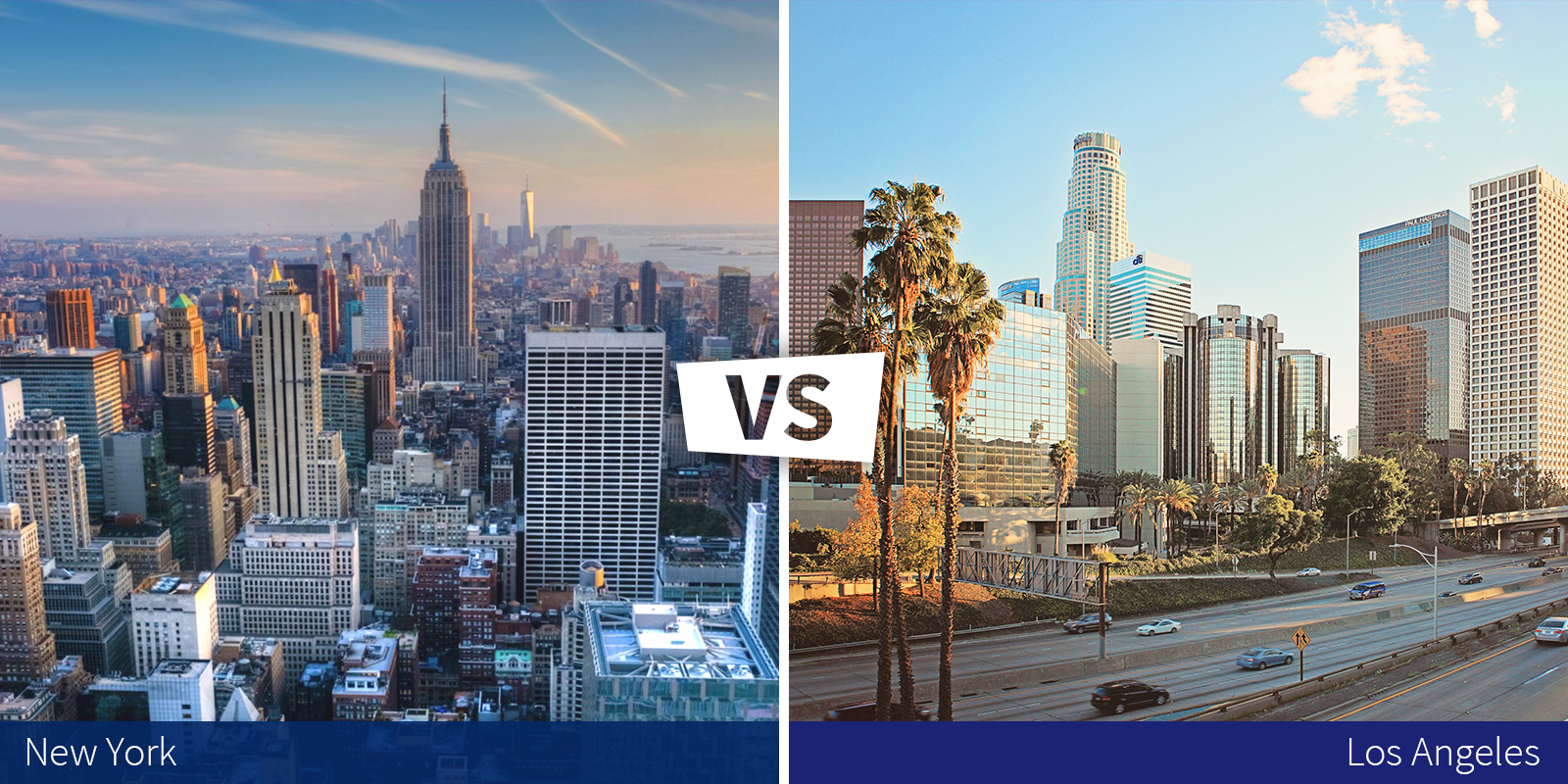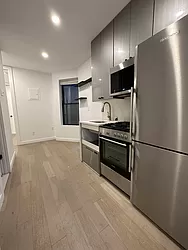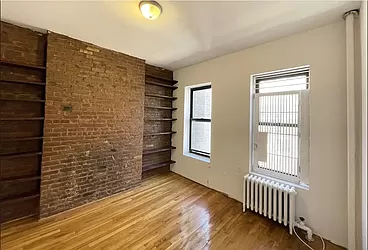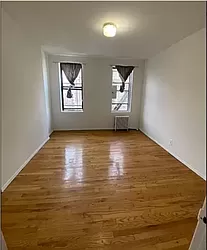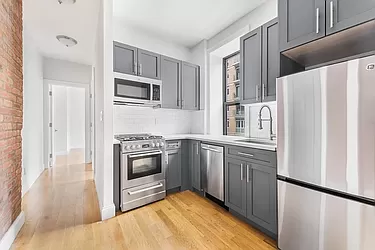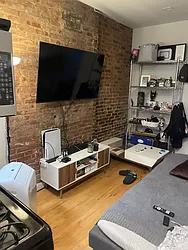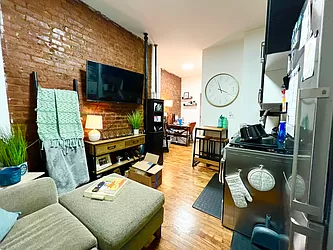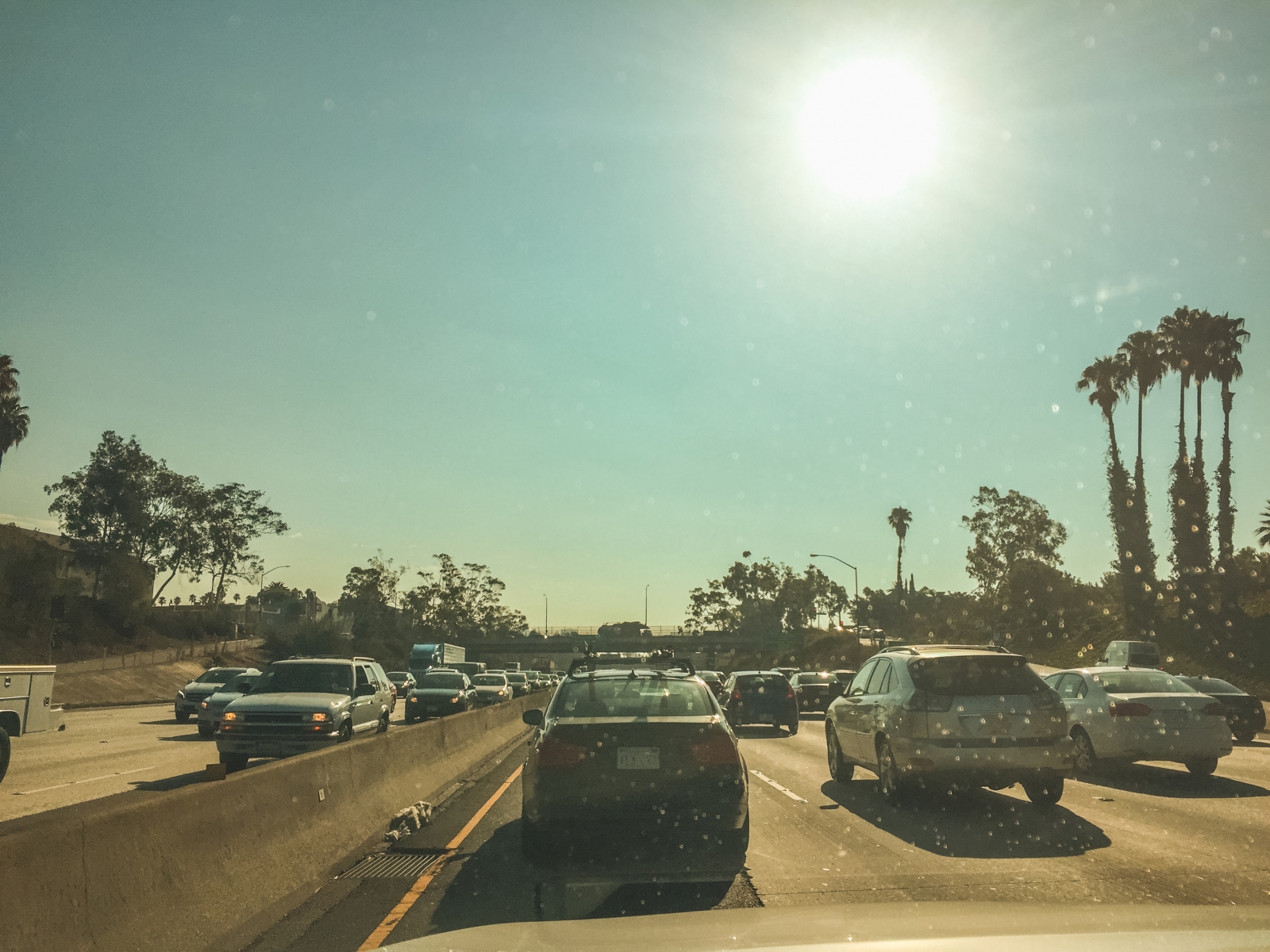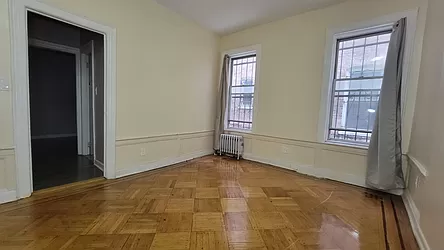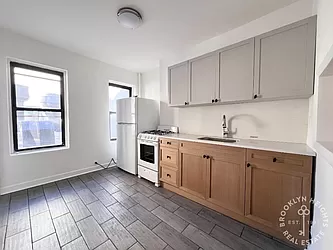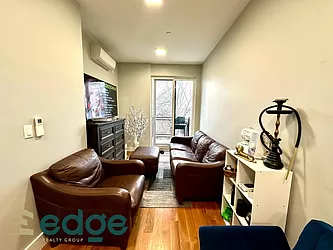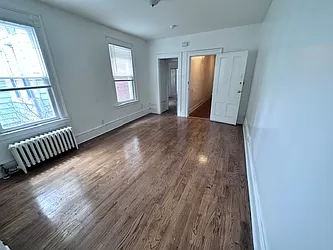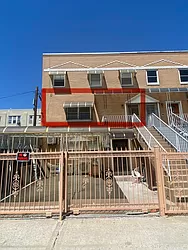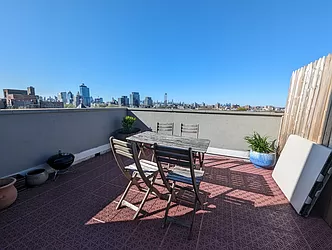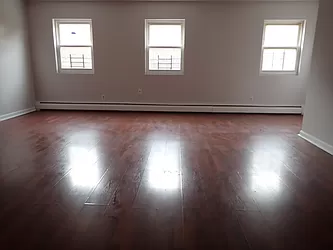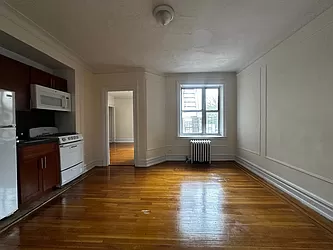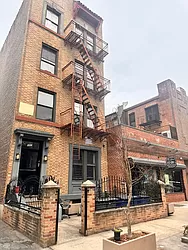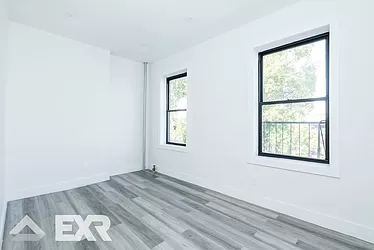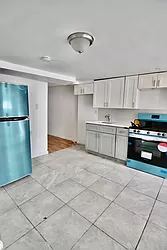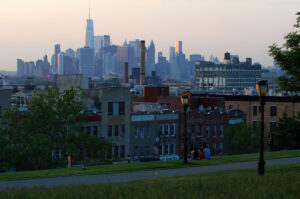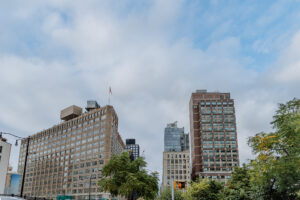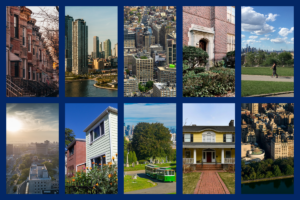No matter how much they love their own city, New Yorkers fantasize about Los Angeles. It’s the other major media and culture capital of the country, the second-largest metropolis, a global center for … everything. Yet it’s so different from NYC: Sunshine instead of snow, private cars instead of subway cars, clusters of palm trees instead of clouds of pigeons. But how do the two cities really compare? We can’t tell you where you’d be happier living. Instead, let’s compare NYC to LA in quantifiable terms, like the cost of housing and transportation, as well as average incomes and commute times. The results might surprise you.
Median Rent for a 1BR Apartment: Expensive Either Way
Median rent for a 1-bedroom apartment is only $106 per month higher in NYC than it is in Los Angeles, according to Zillow. Neither city is at all cheap, but they’re pretty comparable.
Median Sale Price for a Home: Cali Is Clearly Cheaper
The median sale price for a home in NYC is nearly $300,000 higher than the same figure in LA. According to the American Housing Survey, the median square footage of a home in Los Angeles is 1,200, compared to New York’s 1,150. That makes the median square price per square foot in NYC $865, compared to LA’s $580.
Downtown Manhattan 1-2 Bedrooms Under $3200 Article continues below
Cost of Public Transportation: You Save in LA (But You Might Need a Car)
- New York City: $127 per month
- Los Angeles: $100 per month
While LA isn’t exactly known for its great public transportation, the area does have an extensive bus and Metro system. Several different light-rail Metro lines run through downtown, Hollywood, and the suburbs, and the city’s bus network is vast, with both Metro and DASH lines, including express trips. DASH buses cost 50 cents per ride, while Metro rides are $1.75. A 30-day pass for the Metro, which includes trains and most bus lines, is $100.
Of course, when living in LA, the land of urban sprawl, the most reliable means of transportation is going to be a car. According to Nerdwallet, the average monthly car payment on a used car is $372. On average, a 40-year old male will pay between $89 and $182 per month for car insurance in Los Angeles, depending on the neighborhood. Let’s peg it at $120 per month, a bit above the national average of $98 per month. Add in $146 per month for gas, and $12 per month for registration and fees, and you’re looking at about $650 month to own a car.
In New York you probably won’t need a car, but a ride on the subway costs $2.75. Commuters who rely on the subway every day will opt for an unlimited MetroCard, at $127 per month, which nets out to $1,524 annually. Commuters who use the Long Island Rail Road will pay between $140 and $500 every month for an unlimited pass. Commuters who live in the northern suburbs and Connecticut can take MetroNorth, which costs between $60 and $500 for a monthly pass, depending on the line and length of the commute. Eastern New Jersey commuters can take the PATH train for $2.75 a ride. An unlimited monthly SmartLink card, which allows access to the PATH, costs $89.
Average Salary and Income: New Yorkers Rake In (a Bit) More
According to the U.S. Census Bureau, the median household income for New Yorkers is about $3,000 higher than the median household income in Los Angeles, which is a small margin. Payscale, a site that averages salaries for jobs that require bachelor’s degrees in both states, shows a slightly wider gap. According to the website, the median salary for this employee demographic is $62,823 in LA and $69,668 in NYC.
Average Commute Time: LA Wins (Wait, What?)
New Yorkers know that commute times in the big can be rough, but are they really worse than in Los Angeles? Turns out they are — by about 10 minutes or so. According to the American Community Survey, in 2017, New Yorkers traveled a median 40.8 minutes to work, while Los Angelenos traveled for 30.9 minutes. Both cities well exceeded the national average of 26.1 minutes. Isn’t urban life great?
Brooklyn 1-2BRs Under $3,000 Article continues below
Quality of Life Index: Sunshine Does Help
The quality of life index is an average of several different indices, including purchasing power, safety, health care, cost of living, property price-to-income ratio, traffic commute time, pollution and climate. Yes, climate — so New Yorkers are just going to have to cede this one. Los Angeles currently ranks at number 39 out of 47 major U.S. cities, while New York ranks at number 46 out of 47. Ouch.
Average Time Spent in Traffic: LA Wins Again, But Also, Subways?
- New York City: 40th Most Congested City in the World
- Los Angeles: 47th Most Congested City in the World
The traffic analysts at Inrix rank all cities in the world based on how many hours their residents spend in congestion each year, and how much that congestion costs. According to Inrix’s 2018 scorecard, NYC is the 40th most traffic-clogged city in the world, while LA clocks in at number 47. That means New Yorkers spend about 133 hours driving in congestion each year, while Angelenos spend 128. Still, it’s worth noting that public transportation in New York is more extensive than in LA, so if you’re willing to ride, not drive, some of that traffic could be much easier to get around.
Average Energy Bill: Yet Another Thing More Expensive in NYC
- New York City: 23.21¢/kWh
- Los Angeles: 13.03¢/kWh
According to Electricity Local, the average residential electricity rate in New York City is 10 more cents per kilowatt-hour than in Los Angeles. NYC’s average residential rate is 95.37 percent greater than the national average of 11.88¢/kWh, while LA’s is only 9.68 percent greater.
—
Well, LA won a lot of those, but you’re still staying in (or moving to) New York, right? Time to find your next NYC apartment on StreetEasy.

